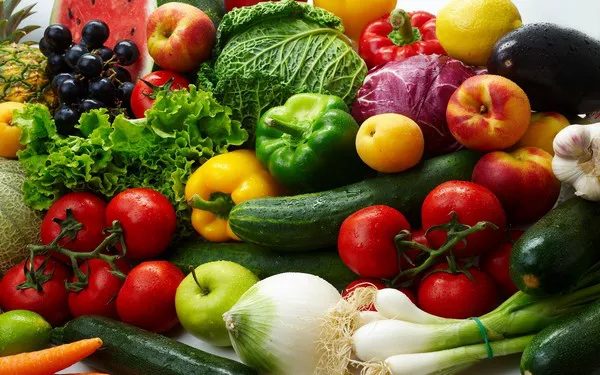Sprouts are a nutritional powerhouse, packed with vitamins, minerals, and essential nutrients. If you’re looking to add a protein boost to your diet, you might be wondering: Which sprouts have the most protein? In this comprehensive guide, we’ll explore various types of sprouts and their protein content, helping you make informed choices to enhance your dietary protein intake. From mung bean sprouts to lentil sprouts, we’ll dive into the protein-rich world of sprouted foods.
The Nutritional Value of Sprouts
1. A Burst of Nutrients
Sprouts are germinated seeds that undergo a transformative process, resulting in enhanced nutritional content. They are rich in vitamins, minerals, antioxidants, and enzymes that contribute to overall health.
2. Protein-Packed Powerhouses
While sprouts are not typically thought of as a primary protein source, certain varieties can surprise you with their protein content. Incorporating protein-rich sprouts into your meals can contribute to your daily protein needs.
Mung Bean Sprouts
1. Protein Content
Mung bean sprouts are among the most popular and widely consumed sprouts. They contain approximately 3 grams of protein per 100 grams of sprouts, making them a noteworthy protein source.
2. Culinary Versatility
Mung bean sprouts are versatile and can be enjoyed in salads, stir-fries, sandwiches, and wraps. Their mild flavor and crunchy texture make them a favorite addition to various dishes.
Lentil Sprouts
1. Protein Content
Lentil sprouts are another protein-rich option, providing around 7 grams of protein per 100 grams of sprouts. Their substantial protein content makes them a valuable addition to vegetarian and vegan diets.
2. Nutrient Density
In addition to protein, lentil sprouts are high in fiber, vitamins, and minerals. They offer a well-rounded nutritional profile that supports overall well-being.
Chickpea Sprouts
1. Protein Content
Chickpea sprouts, also known as garbanzo bean sprouts, contain approximately 4 grams of protein per 100 grams of sprouts. These sprouts can add a delightful crunch and nutty flavor to your meals.
2. Plant-Based Goodness
Chickpea sprouts are an excellent plant-based protein source, providing essential amino acids and contributing to muscle growth and repair.
Broccoli Sprouts
1. Protein Content
Broccoli sprouts are a unique addition to the world of sprouts, with a protein content of around 3 grams per 100 grams of sprouts. These sprouts are also known for their potential health benefits due to their high concentration of sulforaphane.
2. Health Potential
Broccoli sprouts contain compounds that have been linked to various health benefits, including antioxidant and anti-inflammatory properties. Their protein content, combined with their potential health-promoting effects, makes them a valuable addition to your diet.
Alfalfa Sprouts
1. Protein Content
Alfalfa sprouts are a common choice for sandwiches and salads, offering a protein content of about 4 grams per 100 grams of sprouts.
2. Nutrient Variety
In addition to protein, alfalfa sprouts provide vitamins A, C, and K, as well as minerals like calcium and magnesium. Their mild flavor and delicate texture make them a versatile ingredient.
Incorporating Protein-Rich Sprouts into Your Diet
1. Salads and Wraps
One of the easiest ways to enjoy protein-rich sprouts is by adding them to salads, wraps, and sandwiches. Their crunchiness and fresh taste complement a wide range of ingredients.
2. Stir-Fries and Asian Dishes
Mung bean sprouts and other protein-rich sprouts are commonly used in Asian cuisine, particularly in stir-fries and noodle dishes. Their quick cooking time preserves their nutritional value and adds texture to your meals.
3. Smoothies and Juices
For a unique twist, consider adding protein-rich sprouts to your smoothies or juices. Blending them with fruits and vegetables can provide an extra boost of nutrients to your beverages.
See Also: Which Type of Eggs Have the Most Protein: Nutritional Differences
Conclusion
In conclusion, sprouts are a versatile and nutritious addition to your diet, and several varieties offer impressive protein content. Mung bean sprouts, lentil sprouts, chickpea sprouts, broccoli sprouts, and alfalfa sprouts are among the protein-rich options you can enjoy. Incorporating these sprouts into your meals can contribute to your daily protein intake while providing an array of vitamins, minerals, and other essential nutrients. Whether you’re a vegetarian, vegan, or simply looking to enhance your protein consumption, protein-rich sprouts offer a delicious and healthful way to fuel your body and support your overall well-being.

